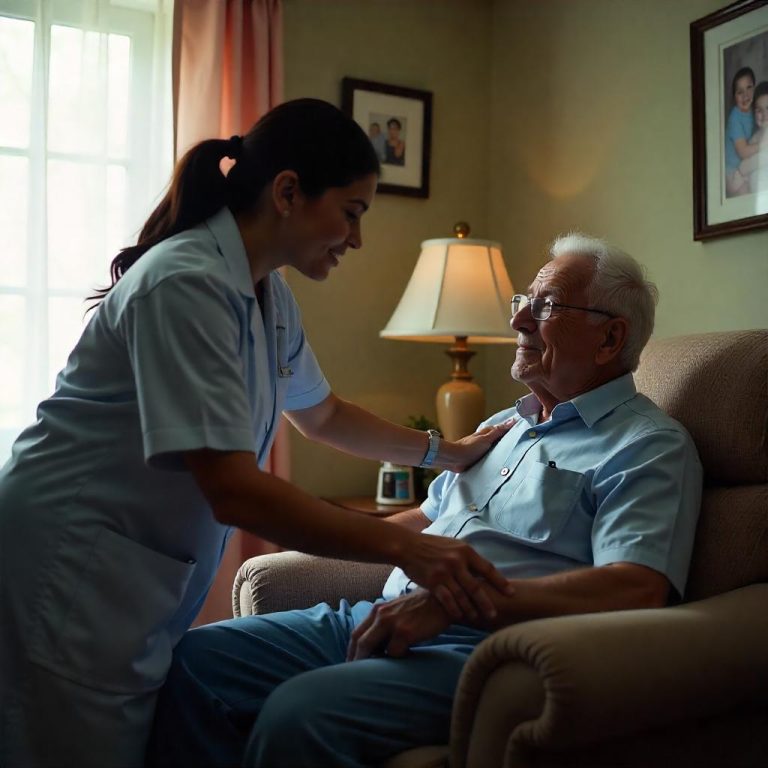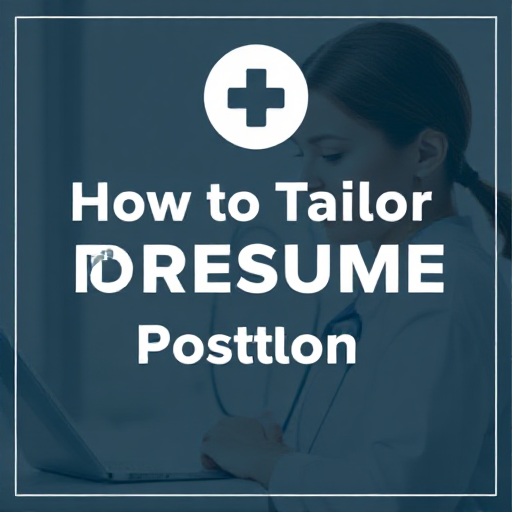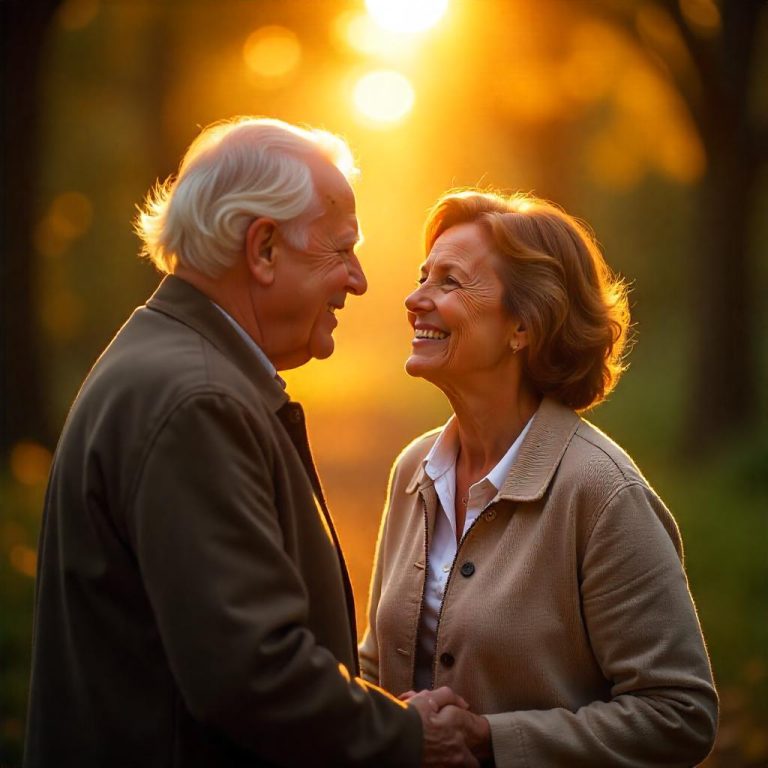Elderly care for veterans is a crucial service that provides specialized care tailored to the unique needs of older military veterans. These individuals often face challenges related to aging, physical disabilities, and the lasting effects of their military service. The care offered to veterans should address both their physical health and the emotional and psychological impacts of their past experiences, ensuring they receive the respect, dignity, and support they deserve in their later years.
Key Features of Elderly Care for Veterans
1. Veteran-Specific Medical Care
- Veterans may have specific healthcare needs due to service-related injuries, PTSD, or chronic conditions linked to their military service.
- Access to specialized healthcare providers familiar with veterans’ issues, such as Veterans Affairs (VA) doctors and nurses.
- Specialized treatment for conditions such as PTSD, depression, traumatic brain injury (TBI), and service-related disabilities.
2. Physical Assistance and Rehabilitation
- Many veterans require assistance with activities of daily living (ADLs), such as bathing, dressing, and mobility.
- Rehabilitation programs to help veterans regain strength and independence after injury or illness.
- Physical therapy, occupational therapy, and support with mobility aids.
3. Mental Health and Emotional Support
- Addressing the psychological impact of military service, including PTSD, anxiety, and depression.
- Providing mental health counseling and therapy, which may include support for trauma, grief, or isolation.
- Offering group therapy or support groups for veterans to connect with others who share similar experiences.
4. Veterans Affairs Benefits
- Access to government-provided services and benefits through the VA, including healthcare, pensions, long-term care, and disability compensation.
- Assistance with applying for VA benefits and navigating the system to ensure veterans receive the support they are entitled to.
5. Memory and Cognitive Support
- Cognitive decline, such as dementia and Alzheimer’s disease, can be more prevalent among older veterans due to the stresses and injuries of military service.
- Memory care programs designed specifically for veterans, focusing on their history and personal experiences to promote engagement and reduce confusion.
6. Home Care and Assisted Living Services
- In-home care services, including caregivers trained in veterans’ needs, to assist with daily tasks while allowing them to remain in the comfort of their homes.
- Assisted living and memory care facilities designed with veteran-friendly accommodations, including environments that respect military culture and history.
7. Social and Recreational Activities
- Providing opportunities for veterans to participate in social activities, both recreational and therapeutic, to combat loneliness and isolation.
- Engaging in hobbies or military-related activities that bring comfort and allow veterans to feel connected to their past.
- Offering community programs or events where veterans can interact with other veterans.
Benefits of Specialized Elderly Care for Veterans
- Tailored Care for Unique Needs
Veterans often face health challenges that are unique to their military experiences. Specialized care ensures that they receive treatment and support customized to these needs. - Access to VA Services and Benefits
Elderly veterans may be eligible for a wide range of benefits, including financial assistance, healthcare services, and long-term care programs provided by the VA. - Improved Mental Health
Veteran-specific care offers the opportunity for mental health support focused on trauma and emotional well-being, which can be vital in improving quality of life. - Support for Family Caregivers
Veteran care services often extend to helping family members navigate caregiving, offering them resources, respite, and training to better care for their loved ones. - Preservation of Dignity and Autonomy
Providing care that respects veterans’ military service and personal history helps them maintain a sense of pride and dignity as they age.
Settings for Elderly Care for Veterans
- In-Home Care
- Veterans can receive personalized care at home from skilled caregivers trained to understand their specific needs, including managing service-related disabilities and conditions.
- Veteran-Specific Assisted Living and Nursing Homes
- Some assisted living communities and nursing homes cater exclusively to veterans or provide veteran-specific services, ensuring that residents are surrounded by individuals with similar experiences.
- VA Medical Centers
- Veterans may receive specialized care at VA hospitals or outpatient clinics, where staff are specifically trained to address the unique healthcare needs of military veterans.
- Community-Based Programs
- Local organizations and veteran services groups may offer resources such as transportation, social programs, and support networks to veterans in the community.
How to Access Elderly Care for Veterans
- Contact the Veterans Affairs Department
Veterans or their families can contact the VA to learn more about available benefits, long-term care services, and specialized programs for aging veterans. - Veteran Service Organizations
Organizations such as the American Legion, Veterans of Foreign Wars (VFW), and Disabled American Veterans (DAV) offer resources and advocacy for veterans in need of elderly care. - Nonprofit and Community Resources
There are several nonprofit organizations that focus on providing care, housing, and financial assistance to veterans, such as the Wounded Warrior Project or local veterans’ assistance programs.
Elderly care for veterans offers specialized services to ensure that older military service members receive the appropriate care, support, and respect they deserve. With a focus on physical, mental, and emotional well-being, these care plans aim to improve the quality of life for veterans as they navigate the challenges of aging.






